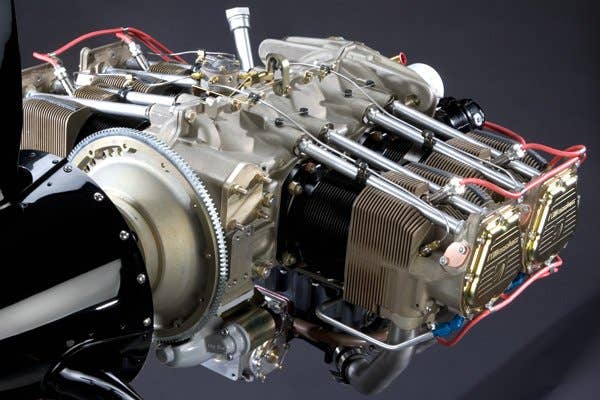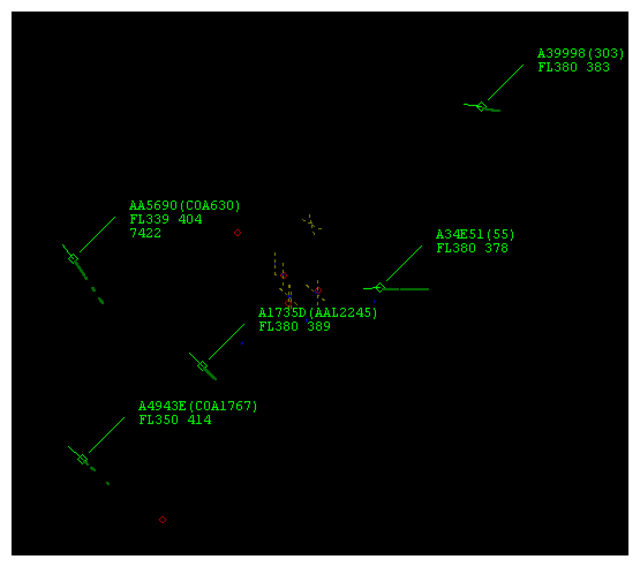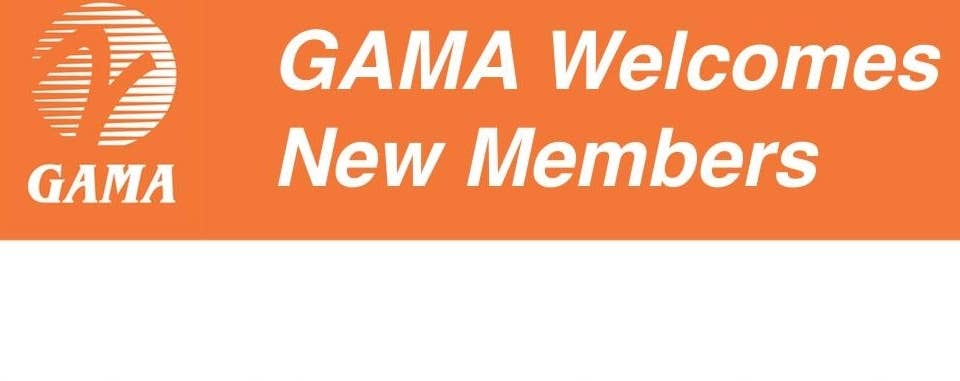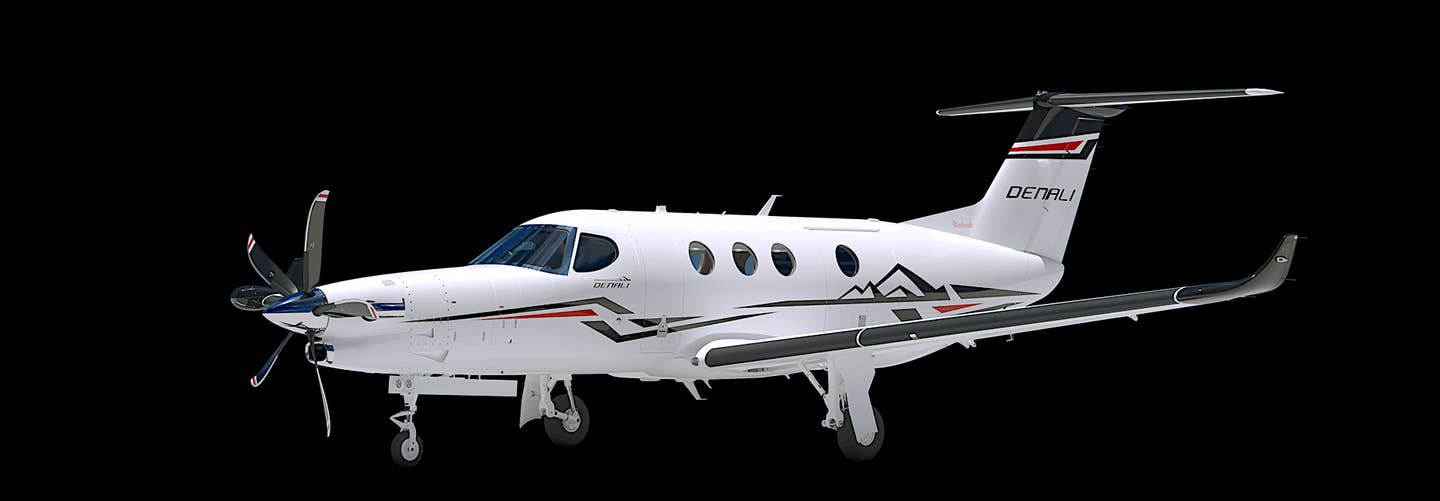Detonation Concerns Behind Superior’s Buyback Of XP-400 And XP-382 Engines
Last month, Superior grounded the XP-400 and XP-382 experimental-class engines after crankshaft breakages were believed to be set off by detonation. Approximately 150 engines were affected. At the time, the company asked those already flying the engine to immediately ground the aircraft and for those still in construction to return the engines.

Last month, Superior grounded the XP-400 and XP-382 Experimental-class engines after crankshaft breakages were believed to be set off by detonation. Approximately 150 engines were affected. At the time, the company asked those already flying the engine to immediately ground the aircraft and for those still in construction to return the engines.
Superior is refunding the purchase price of the engine as well as paying for return shipping. "We're sending customers a crate and having it picked up for them," said Superior's VP of Sales and Marketing Scott Hayes in this podcast from Sun 'n Fun. "We're about a third of the way through contacting owners now," he said.
Unfortunately for both builders and those who were flying these engines, Superior is not paying for the effort of engine removal or any costs incurred changing to a different brand or configuration of engine. This is an especially knotty problem with the angle-valve XP-400, whose only comparable engine is either the Lycoming IO-360 or IO-390. Hayes says that a replacement from Superior for the XP-400 is at least a couple of years away. "The buyback program is eating a lot of our R&D funds," he says.
The XP-382, a hopped-up version of the parallel-valve IO-360, is a close fit for a wide range of available engines, though its claim of 200 HP will be tough to match with most versions of this platform.
Regarding the XP-400, Hayes says, "We've seen pistons that are free of any deposits whatsoever. What that tells us is that we're on the edge of incipient detonation. Because you should have some combustion deposits. People think that's awesome but it's the sign of an issue." It's not compression ratio alone, as the XP-400 has a listed 8.9:1 ratio, the same as the Lycoming IO-390. The key difference, beyond the inevitable detail differences from the way Superior and Lycoming make cylinders and crankshafts, is that the XP-400 is essentially a stroked version of the venerable IO-360, where the Lycoming IO-390 gets its increased displacement through a marginally larger bore.
When asked about the effect of ignition timing on these detonation margins, Hayes pointed out that "the advanced timing that some ignition systems can get to—some can go out to 32 degrees—you can get into an area that's no man's land. But we've also seen some traditional mags that were advanced and we've seen similar issues. So I think you need a little more margin of safety. When we originally started off, these engines were timed at 25 degrees. We did a whole bunch of studies around it and if we reduced to 20 [degrees], the pressures in the cylinders go down significantly."
Superior did publish a service bulletin in January recommending owners retard the ignition timing of the XP-400 from 25 degrees to 20. (Incidentally, that's the same recommendation Lycoming has for the certified version of the IO-390.) It also recommended the most conservative of ignition curves for electronic ignitions.
Further confusing the issue is that one of the engines that failed was marked for the 20-degree ignition advance but "we couldn't verify where the timing was set," said Hayes. "The data plate said one thing but the physical evidence said something totally different." It would not be the first time a magneto was mis-timed or intentionally advanced, which is permissible under the experimental rules.
"We've done a ridiculous amount of metallurgy around the crankshaft itself and found absolutely nothing," says Hayes, including subsurface issues. He goes on to say that the engine was subsequently highly instrumented with pressure transducers reading the combustion chambers, running it in various configurations, and "we were unable to come up with a specific issue other than seeing signs of incipient detonation," he said.
To a great degree, Superior's buyback program and general approach to the issue has been greeted positively by the homebuilt community.






